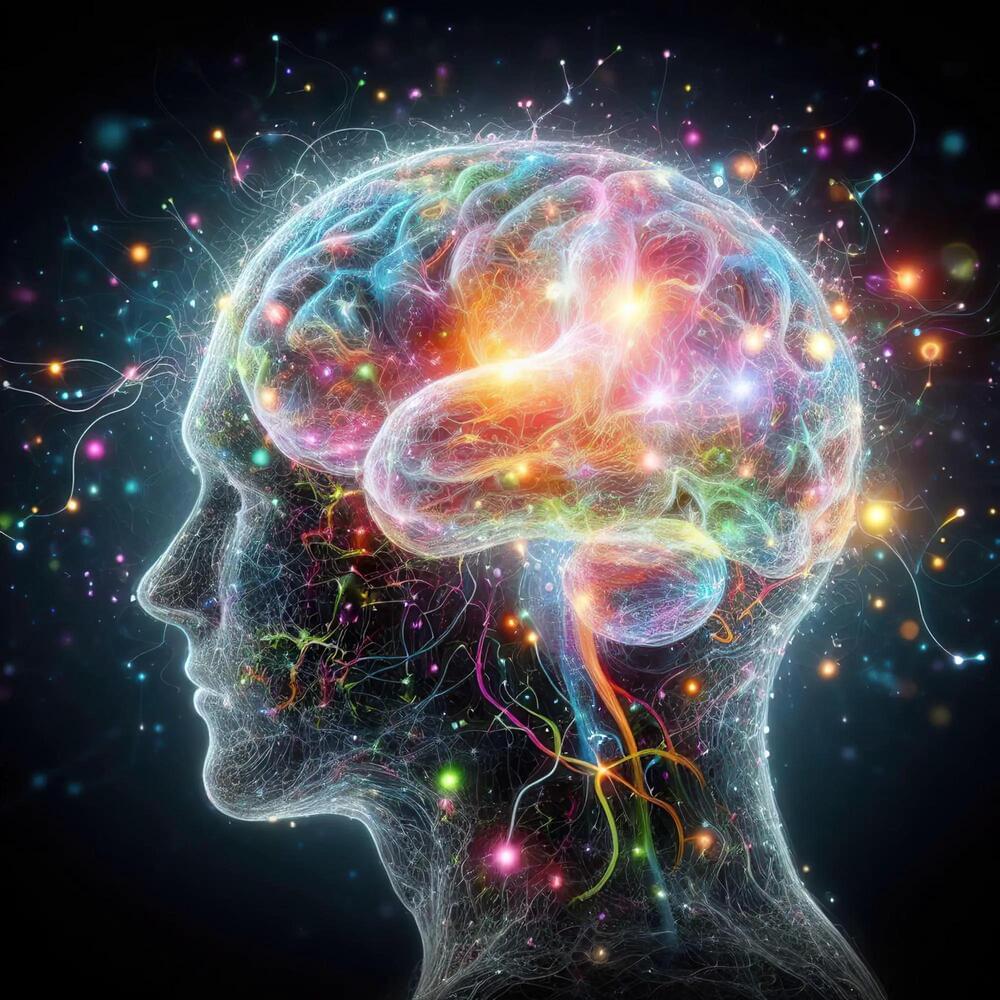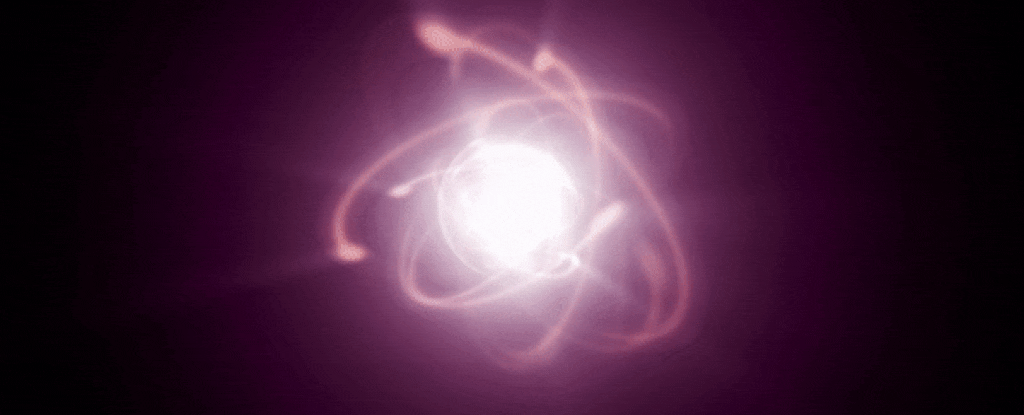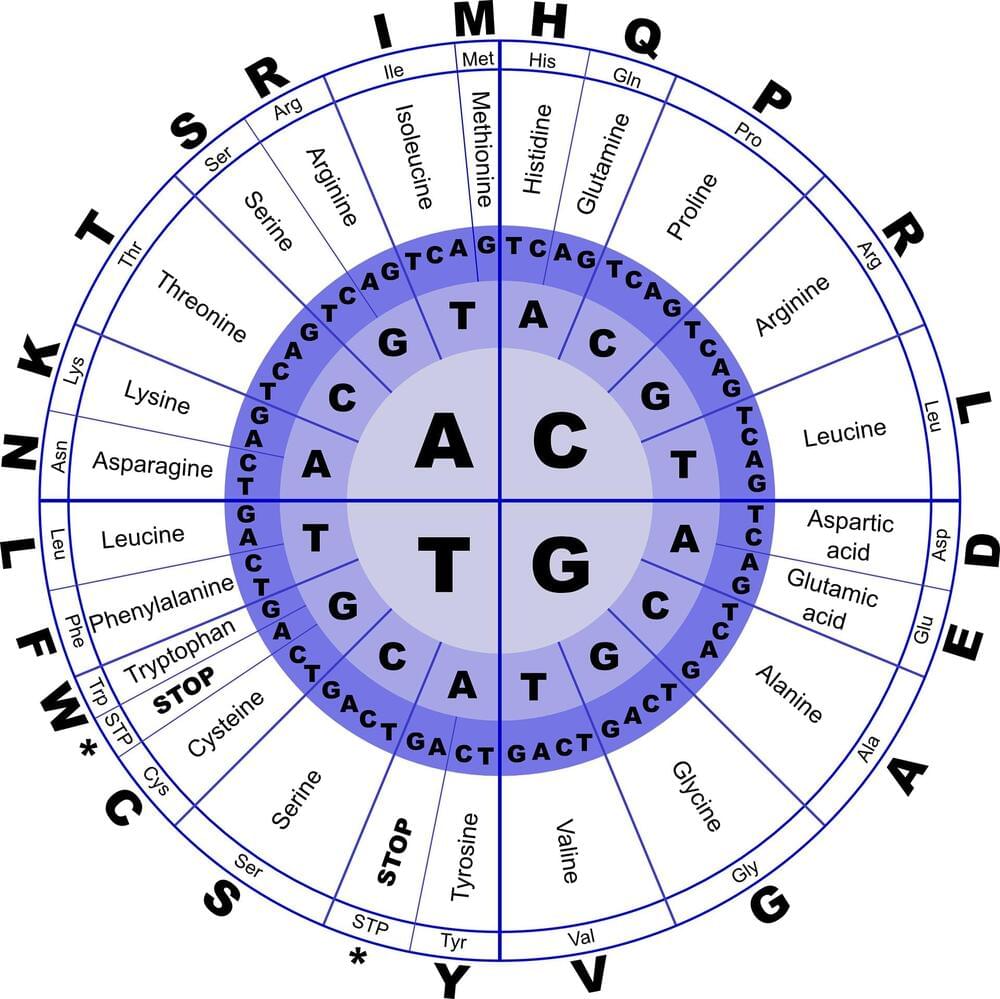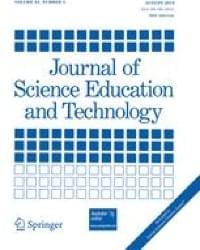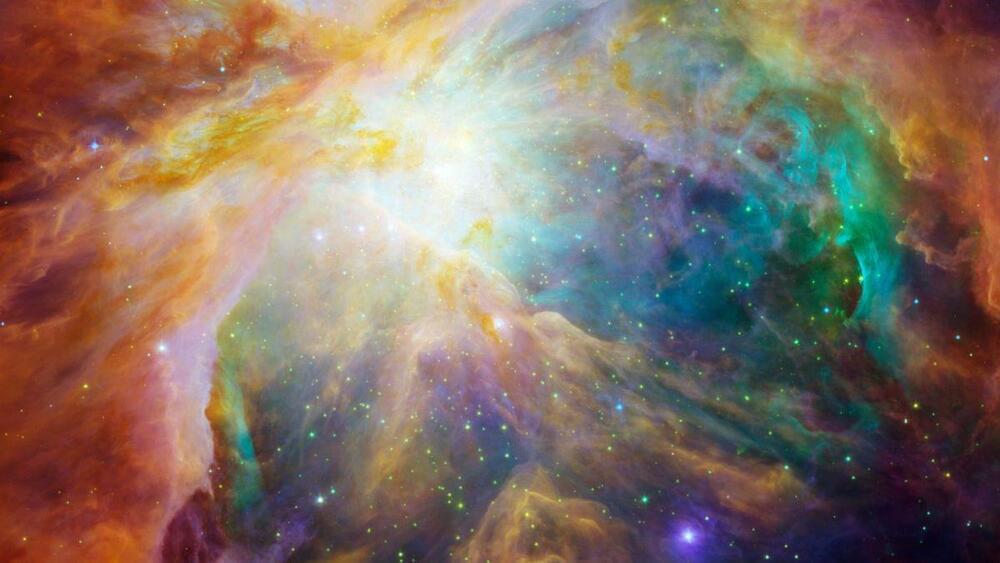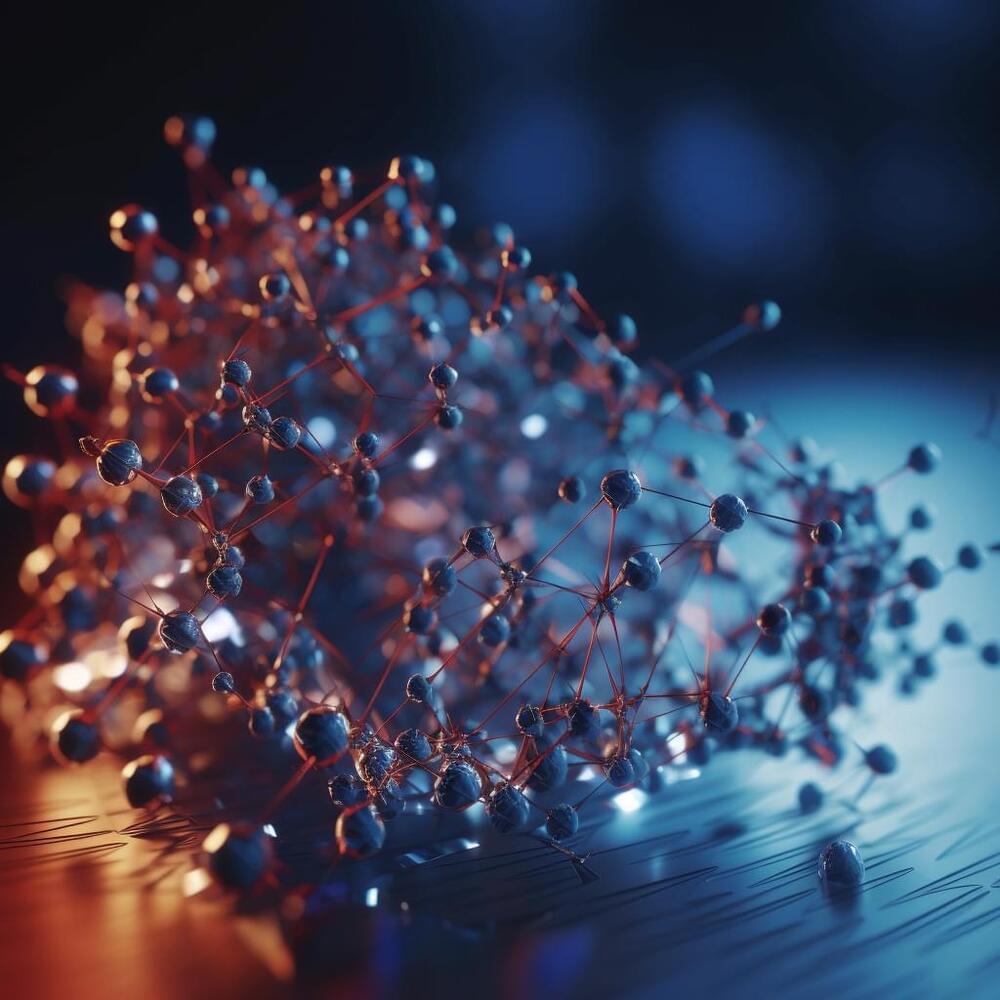Missions to the Moon, missions to Mars, robotic explorers to the outer Solar System, a mission to the nearest star, and maybe even a spacecraft to catch up to interstellar objects passing through our system. If you think this sounds like a description of the coming age of space exploration, then you’d be correct! At this moment, there are multiple plans and proposals for missions that will send astronauts and/or probes to all of these destinations to conduct some of the most lucrative scientific research ever performed. Naturally, these mission profiles raise all kinds of challenges, not the least of which is propulsion.
Simply put, humanity is reaching the limits of what conventional (chemical) propulsion can do. To send missions to Mars and other deep space destinations, advanced propulsion technologies are required that offer high acceleration (delta-v), specific impulse (Isp), and fuel efficiency. In a recent paper, Leiden Professor Florian Neukart proposes how future missions could rely on a novel propulsion concept known as the Magnetic Fusion Plasma Drive (MFPD). This device combines aspects of different propulsion methods to create a system that offers high energy density and fuel efficiency significantly greater than conventional methods.
Florian Neukart is an Assistant Professor with the Leiden Institute of Advanced Computer Science (LIACS) at Leiden University and a Board Member of the Swiss quantum technology developer Terra Quantum AG. The preprint of his paper recently appeared online and is being reviewed for publication in Elsevier. According to Neukart, technologies that can surmount conventional chemical propulsion (CCP) are paramount in the present era of space exploration. In particular, these technologies must offer greater energy efficiency, thrust, and capability for long-duration missions.


